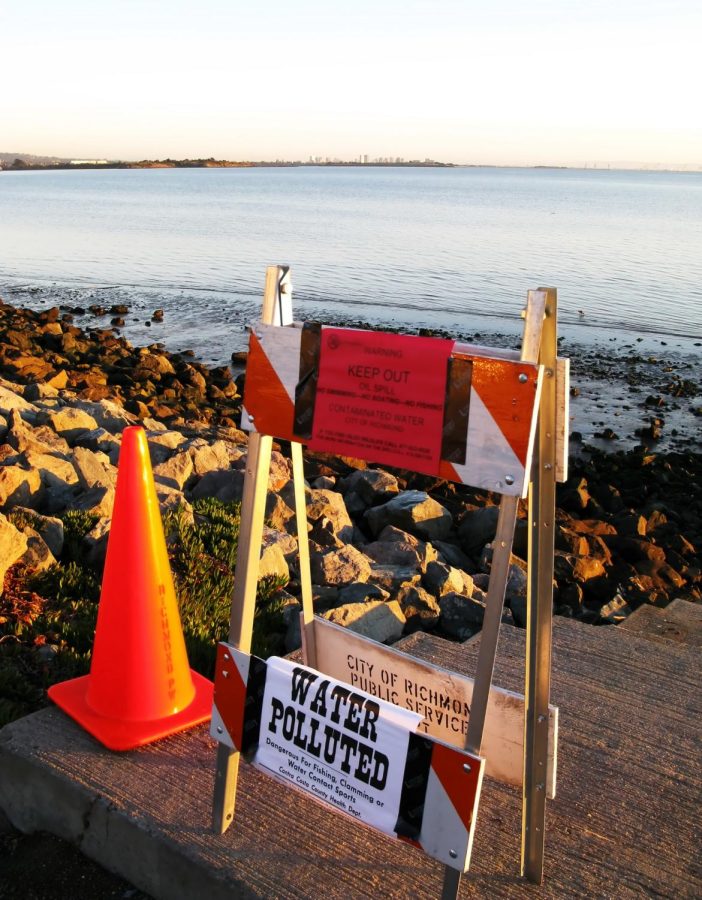SoCal Sewage Spill
January 24, 2022
For Californians, beaches are like a second home, sunbathing, swimming, and surfing in the cool waters on hot summer days or taking midnight strolls on the boardwalk. Who would have known that a massive sewage spill would sweep all those privileges away from them?
Due to the heavy rainfall at the end of 2021, a sewage pipe collapsed in the city of Carson on Dec. 30. The untreated sewage ran straight into the Dominguez Channel and emptied out into the Los Angeles Harbor. An estimated seven to eight million gallons of wastewater were dumped into the ocean before crew members were able to stop the spill a day later. Beaches between Huntington Beach and Rancho Palos Verdes were closed until the water stats complied with the state water quality standards. Those living around affected areas were told to avoid and not come in contact with the contaminated water.
Dumping human waste into the ocean is a threat to marine life and also to the earth itself. Oxygen levels deplete due to eutrophication, the process by which too many nutrients and minerals enter the water, killing marine flora and fauna. In addition, fecal pathogens and nitrogen fuel harmful algae and multiply exponentially to kill marine life.
Beaches are also being polluted by trash and litter. Some disadvantages of littering are the deaths of millions of animals, the high cost of clean-up, the spread of diseases, and the release of hazardous chemicals. In 2021, a group of YouTubers “[pledged] to remove 30,000,000 pounds of marine debris”, calling it #TeamSeas after another operation called #TeamTrees. For every dollar donated, one pound of trash is recovered from the ocean, decreasing the amount of litter in our oceans.
However, can be one advantage of dumping trash in the ocean. Scientists have discovered that large objects, such as car tires, shipwrecks, and car bodies, can create artificial reefs providing “a habitat for thousands of marine invertebrates and fish”, according to Sciencing.
As the human population, we ought to protect the ocean environment and marine animals. By throwing trash in the respected areas, we can limit the chances of trash entering the ocean. By conserving water, we are able to limit the amount of wastewater dumped into the ocean. We are also able to reduce our carbon footprint by driving fuel-efficient and/or electric cars. If we are able to do all the things mentioned above, we are able to keep ecosystems safe and healthy, live a little happier knowing our animal friends are healthy, and the earth stays clean.
Photo courtesy of COMMONS.WIKIMEDIA.ORG

